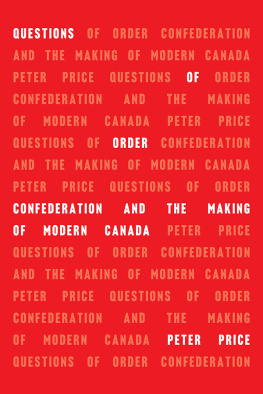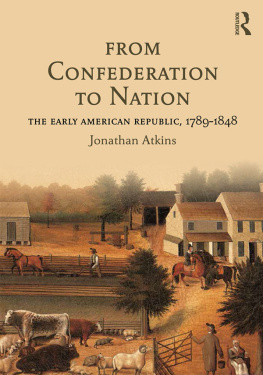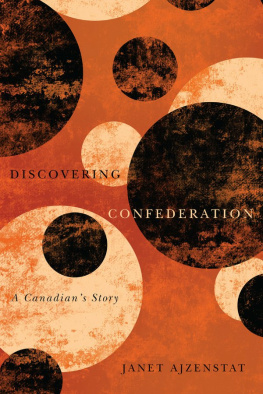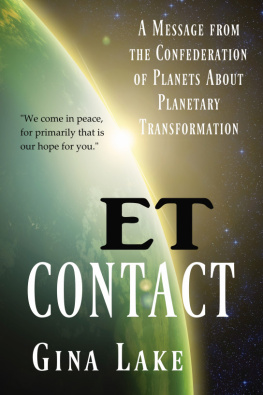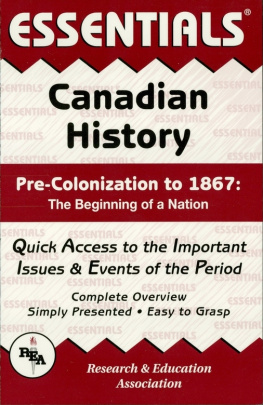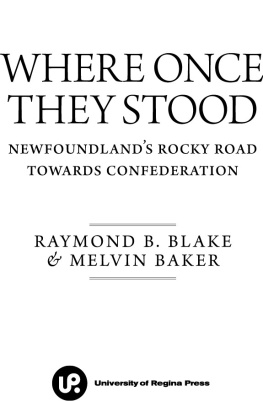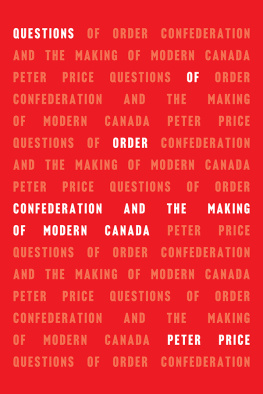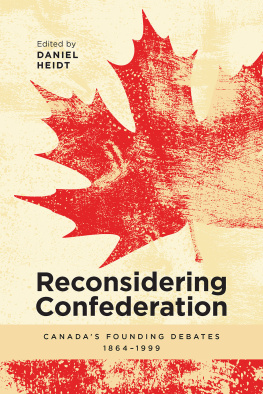
Questions of Order
Confederation and the Making of Modern Canada
What happened on 1 July 1867? Over 150 years after Canadian Confederation, it seems like a question with an obvious answer. Questions of Order argues that Confederation was not just a political deal struck by politicians in 1867, but a process of reconfiguring political concepts and the basis of political association.
Breaking new ground, Questions of Order argues that Confederation was an imperial event that generated new questions, concerns, and ideas about the future of political order in the British Empire and the world. It traces how for many public writers in English Canada, Confederation became an important basis for reimagining political order in the empire and redefining basic political concepts. To some, it marked a clear step in the larger project of imperial federation or even the ultimate union of the English-speaking world. For others, however, it represented the certain fragmentation of the empire into sovereign national states.
Set in the context of a time of enormous social and cultural change, when so many long-held assumptions and firmly believed truths were faltering in the wave of new scientific and philosophical beliefs, the creation of Canada forced writers and public thinkers to grapple with the nature of political association and attempt to find new answers to critical questions of order.
PETER PRICE holds a doctorate in history from Queens University.
Questions of Order
Confederation and the Making of Modern Canada
PETER PRICE
UNIVERSITY OF TORONTO PRESS
Toronto Buffalo London
University of Toronto Press 2021
Toronto Buffalo London
utorontopress.com
Printed in the U.S.A.
ISBN 978-1-4875-0279-9 (cloth) | ISBN 978-1-4875-1604-8 (EPUB) |
ISBN 978-1-4875-2218-6 (paper) | ISBN 978-1-4875-1603-1 (PDF) |
Library and Archives Canada Cataloguing in Publication
Title: Questions of order : Confederation and the making of modern Canada / Peter Price.
Names: Price, Peter, 1985, author.
Description: Includes bibliographical references and index.
Identifiers: Canadiana (print) 20200361015 | Canadiana (ebook) 20200361104 | ISBN 9781487522186 (paper) | ISBN 9781487502799 (cloth) | ISBN 9781487516048 (EPUB) | ISBN 9781487516031 (PDF)
Subjects: LCSH: Canada History Confederation, 1867. | LCSH: Political participation Canada History.
Classification: LCC FC500 .P75 2021 | DDC 971.05 dc23
This book has been published with the help of a grant from the Federation for the Humanities and Social Sciences, through the Awards to Scholarly Publications Program, using funds provided by the Social Sciences and Humanities Research Council of Canada.
University of Toronto Press acknowledges the financial assistance to its publishing program of the Canada Council for the Arts and the Ontario Arts Council, an agency of the Government of Ontario.

Contents
Many people helped me in different ways along the various stages of completing this book. It is a daunting and ultimately inadequate task to express my appreciation. This book is the culmination of research that I did for my doctoral degree in the History Department at Queens University, where supportive faculty and colleagues encouraged me in undertaking this project. I was especially fortunate to have Jeffrey McNairn as my supervisor. I owe my realization of turning inchoate research ideas into this book to his persistent encouragement and guidance.
Parts of the research for this book were funded by the Social Sciences and Humanities Research Council and the R. Roy McMurtry Fellowship from the Osgoode Society for Canadian Legal History. I spent much of my time revising this manuscript when I was a Social Sciences and Humanities Research Council postdoctoral fellow at the University of Cambridge. I found a welcoming and stimulating home there in the Department of Politics and International Studies and in Clare Hall, where I was fortunate to discuss ideas for this book with fellow junior scholars from around the world. At Cambridge, I had the privilege of working with Duncan Bell, whose work inspired my interest in the history of international relations.
While working on this book, I had the pleasure of teaching remarkable students at Queens, the Royal Military College, and the University of Ottawa, and I gladly recognize that they made me think of history in ways that I had not expected. I am thankful for the seemingly innumerable conversations and exchanges with friends and colleagues over the years in the office, at conferences, and over drinks, which certainly shaped this project in tacit but meaningful ways. I am grateful to Elaine McCoy and Marc Gold for their encouragement and understanding in the final stages of preparing this book while working full time. I am deeply appreciative of the reviewers of the manuscript who provided detailed and constructive feedback. It has been a valuable experience to work with the University of Toronto Press and the team of professionals who have helped to bring this book to life.
Finally, my most profound acknowledgment is to my friends and family, and especially my parents. Their support made this book possible in so many ways, and I dedicate it to them with the fullest weight of love and appreciation.
Much has changed in the world since I began this book. It was written before Brexit, before Trump, before the global pandemic before all of those things that seemed to have pulled the world into an unpredictable exercise of redefinition. I take some comfort in looking back now at the people I studied for this project, who grappled with anxieties about a world they thought was changing in significant ways. Even when everything seems to have suddenly changed, the hope for new answers to enduring questions always remains.
Questions of Order
Confederation and the Making of Modern Canada
A Time of Iconoclasm: Confederation and Transformations in Political Thought
Nothing, it seemed to one editorialist, was as simple as it used to be. When the new year began in 1875, it was hard not to think about all that appeared to be vanishing. We live in a critical time, the editorial warned, when most things for whose stability our fathers had no fear, are shaking like reeds in the winter wind. It is a time of disquiet, when unwonted mutterings are heard in the air, of weird voices boding evil, or beguiling with vain promises of peace. It is a time of iconoclasm, when the old divinities are toppling from their pedestals, and strange gods, whom no man can worship, are being set up. The imagery of collapsing gods and crumbling ideals served as a warning to readers to be aware of the impulses of what many saw as a new age. The perceived pace of change portended radical transformations that no one could predict and few could prevent.
Anxieties about rapid and unpredictable change were pervasive in the closing decades of the nineteenth century. The editorialist who penned the lugubrious New Years message in the Canadian Monthly and National Review was Goldwin Smith, the Oxford professor turned Canadian journalist who had been an active and often reproachful commentator on political and social controversies of his day. Smith may have been alarmist in describing the violent vicissitudes of change, but it was hard to ignore the fact that much in the world appeared to be rapidly changing in the nineteenth century, a period when, as historian Jrgen Osterhammel puts it, the world transformed.
Next page
